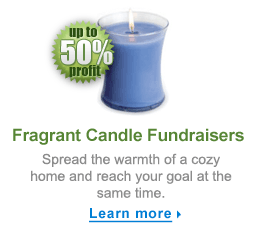 Halloween was this past weekend and we turned deep into the dark side. Goulies and ghosties walked the streets in my neighborhood.
Halloween was this past weekend and we turned deep into the dark side. Goulies and ghosties walked the streets in my neighborhood.
So let’s turn to the dark side of your year-end fundraising campaign – and shine a light on mistakes many organizations make.
Here’s my Top 10 list of ways to sabotage your year-end fundraising effort.
1. Send a letter that’s hard to read, with ponderous sentences, long paragraphs and no white space. (This fails the “easy to read” test, which is the first hurdle for your reader, who is skimming your prose for the highlights only.)
2. Send a letter much like last year’s with tired messaging, no visuals, no metaphors, no stories. Your reader is unlikely to keep reading if it is not interesting. You are not writing an academic treatise; instead you are writing marketing copy.
3. Bury The Ask deep inside a paragraph at the end of a sentence. (Your reader must be able to easily find out how much you are asking for and for what purpose.)
4. Don’t include a reply envelope. (you’d be surprised how many organizations leave out this VITAL component – you have to make it easy for people to give!)
5. Don’t update your web site. (Studies show that donors – even those who give by writing a check and sending it in the mail – will most often check out your web site to research you before they give. And your website MUST look professional and up-to-date!)
6. Only send out one appeal letter. (this is the kiss of death for many campaigns. Studies show that one letter will typically get a 15% response – NOT enough to make your year-end goal. Your donors are too busy and need repeated reminders. And no, it is not tacky to keep reminding them!)
7. Don’t do phone followup. Studies show that a followup phone call can double your results.
8. Don’t do an email push to non-donors the last two days of December. Studies show that a majority of on-line donors give in December and most of them are on the last two days of December.
9. Don’t send a PROMPT, warm, personal thank you immediately to your donors. And “warm, personal” does not mean “on behalf of the board of directors we thank you for blah blah” – this impersonal bunk doesn’t warm your donor’s heart.
10. Don’t have your board members call donors to thank them within 24 hours of the gift’s receipt. Penelope Burk’s landmark studies showed that when board members made this type of followup call, then subsequent gifts from the donors rose by 39%!








